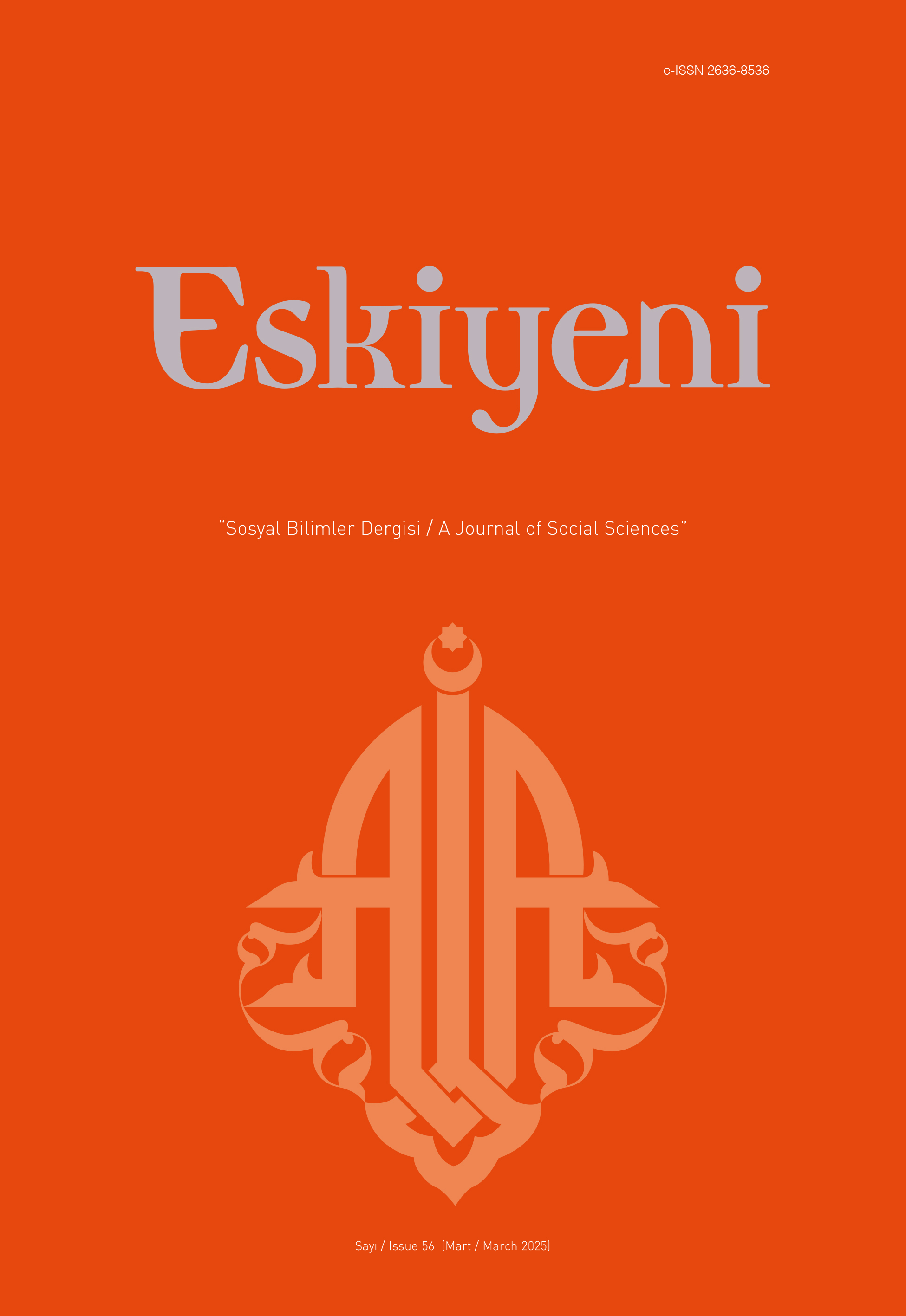İlahi Mahiyet ve Metafizik Zorunluluk Savunusu: Kripke’nin Referans Teorisi Bağlamında İlahiyatın İmkânı
Defending Divine Essence and Metaphysical Necessity: Theology via Kripke’s Theory of Reference
Author(s): Kayhan ÖzaykalSubject(s): Social Sciences, Analytic Philosophy, Philosophy of Religion
Published by: Anadolu İlahiyat Akademisi
Keywords: Philosophy of Religion; Theology; Kripke; Essence; Quiddity; Necessity; Rigid Designator; Reference;
Summary/Abstract: The aim of this article is to show how Kripke’s theory of reference and necessity can be used to understand and defend the idea of divine essence and attributes. The notions of essence and necessity are pivotal in theology, yet they have faced significant criticisms in modern philosophy. By engaging with Kripke’s thought—particularly from Naming and Necessity and Reference and Existence—we aim to demonstrate how these ideas can be effectively utilized in theological discourse. First, we shall look at Kripke’s possible world semantics and examine how this relates to previous possible world theories. Also, Kripke’s thought regarding necessity and possibility is compared to that of contemporary thinkers who responded to his ideas and some of the major criticisms of his thought are considered. Secondly, we shall present Kripke’s concept of rigid designation, which is central to his theory of reference and meaning. Finally, we shall explain three of his arguments for essential properties and attempt to apply them in a way that is useful for theology. These are the (1) argument for the necessity of ancestry to personal identity, (2) the argument for the necessity of identity, and (3) the argument for the necessity of natural kinds. These are selected specifically for examination due to their potential theological use. Of these three arguments, the last two are judged to offer coherent proofs of necessary a posteriori knowledge. Kripke’s understanding of necessary a posteriori can be used to support some claims about the essence of God. In this context, we argue that God possesses a necessary essence and that this essence consists of essential or necessary a posteriori attributes. Thus, this study does not adopt an ontological approach but aims to present a conceptual framework. More specifically, it evaluates the applicability of the concept of essence, as advocated by Kripke, to God. It is concluded that if Kripke’s connection of necessity with a posteriority is correct, then the concept of essence allows us to refer to God as a being with necessary properties.
Journal: Eskiyeni
- Issue Year: 2025
- Issue No: 56
- Page Range: 417-443
- Page Count: 27
- Language: Turkish

